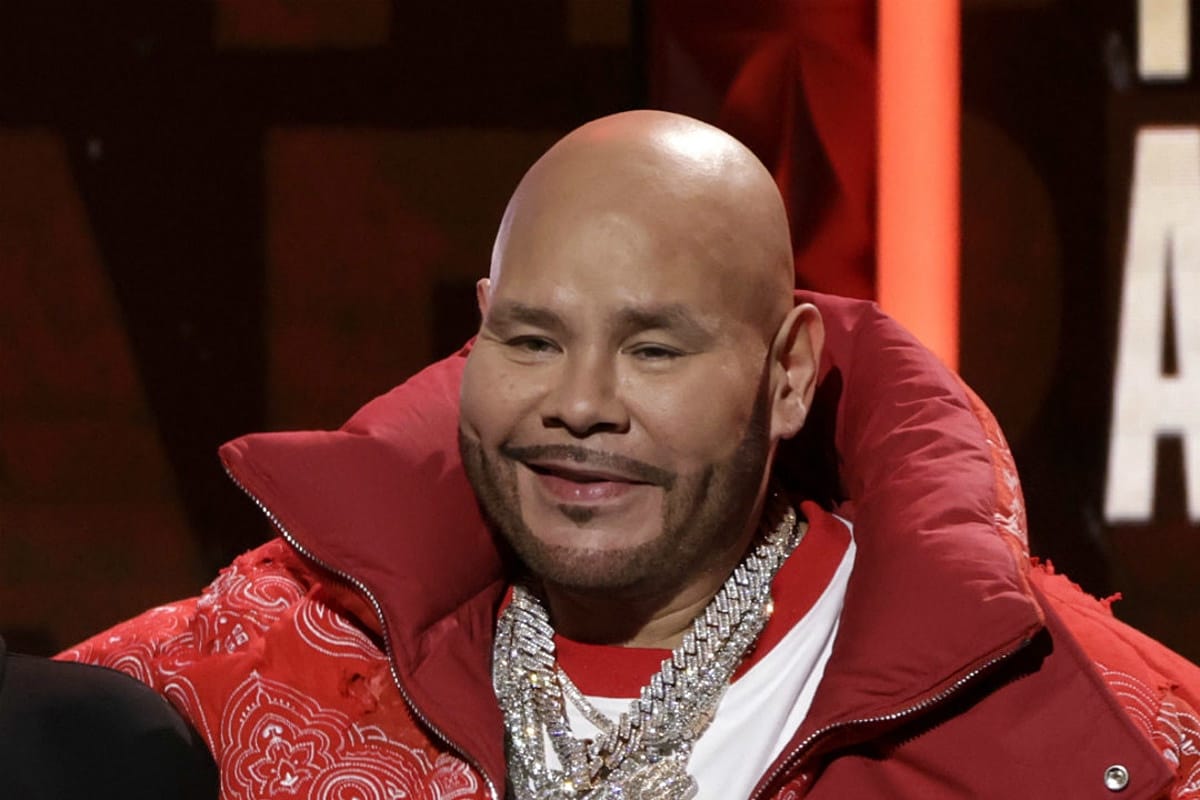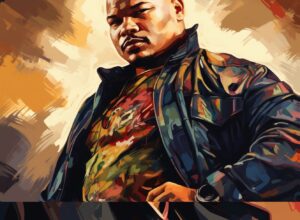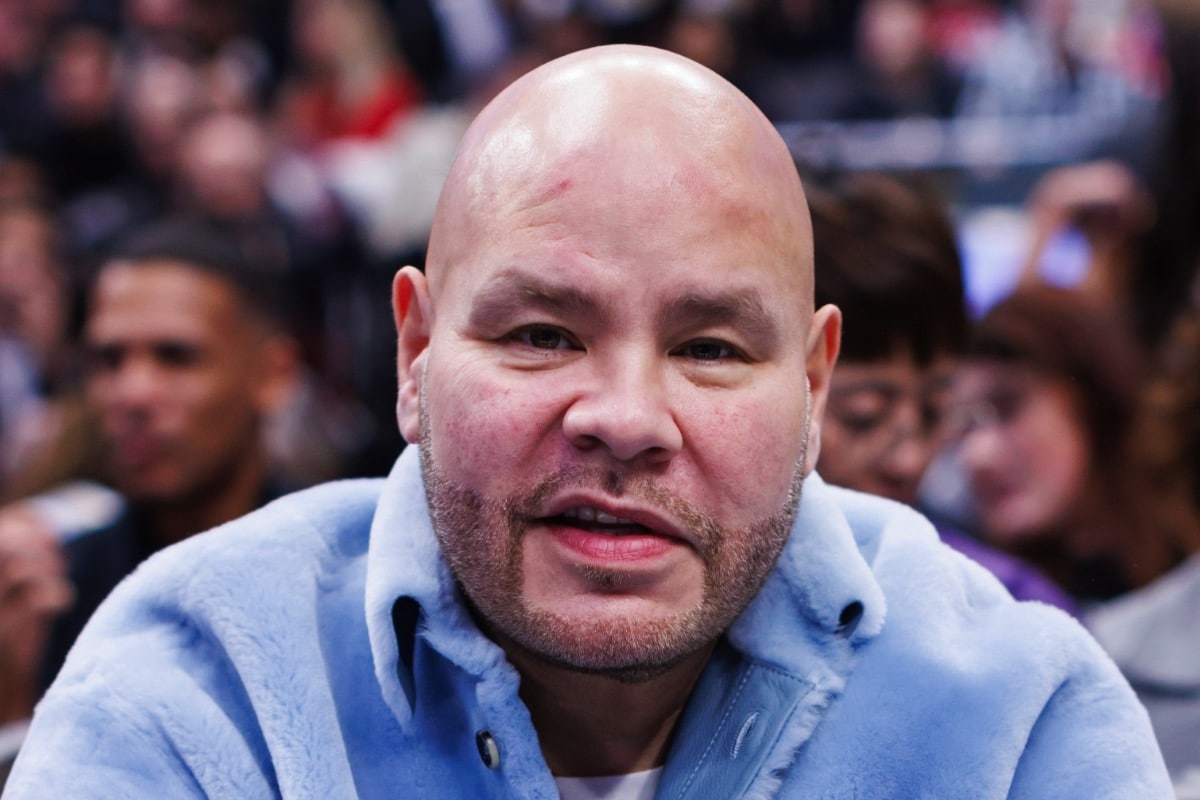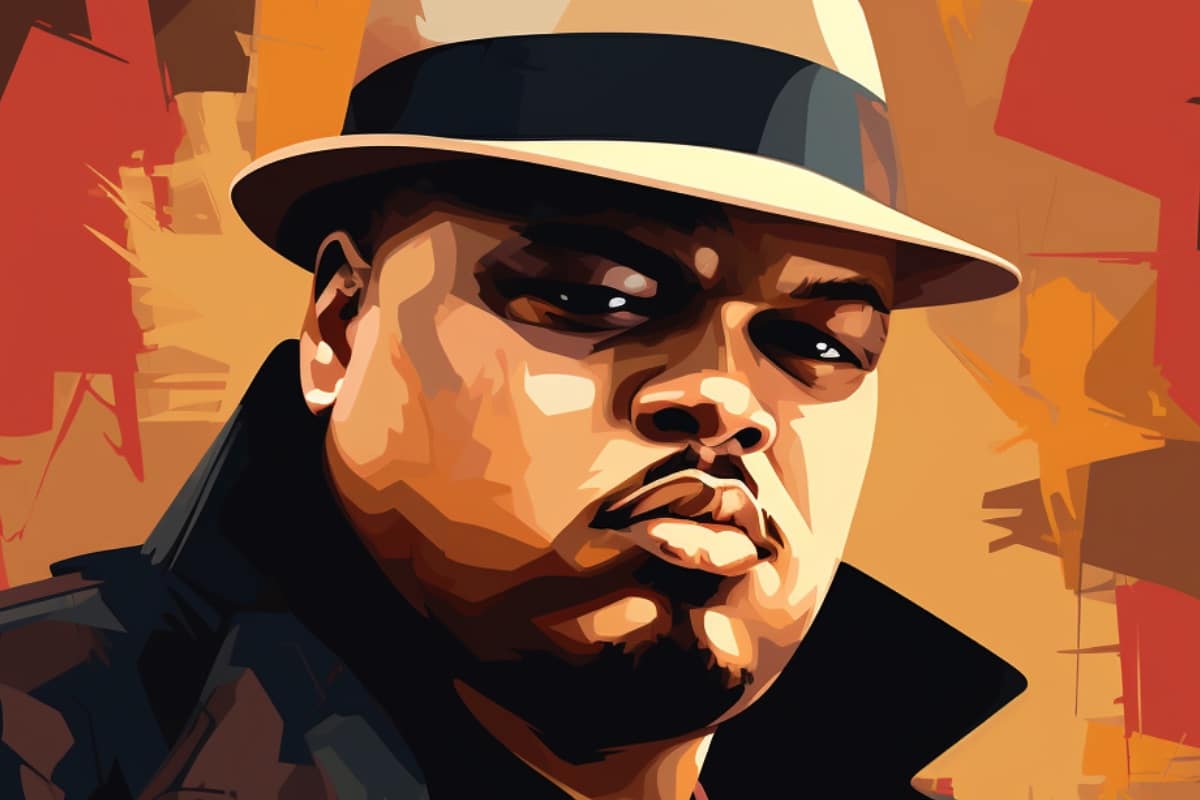Joseph Antonio Cartagena, known to the world as Fat Joe, isn’t just a name in the rap game; he’s a walking, talking embodiment of the hip hop culture that bubbled up from the streets of New York City. Born on August 19, 1970, in the Bronx, this Puerto Rican-Cuban American rapper grew up where hip hop was born, and it shows in every beat he drops.
Fat Joe’s journey in the music industry began with the Diggin’ in the Crates Crew (D.I.T.C.) in 1992, a collective that was like a hip hop Voltron, each member bringing their unique skills to the table. But Joe wasn’t just a team player; a year later, he broke out as a solo artist with his debut album “Represent”. This was just the start of a career that would see him not just make music, but shape the industry.
In the late 1990s, Fat Joe formed the hip hop group Terror Squad and its namesake record label, acting like a hip hop kingmaker. He had an eye for talent, discovering and signing New York artists like Big Pun, Remy Ma, Tony Sunshine, and Cuban Link. And let’s not forget giving a leg up to then-unknown producers DJ Khaled and Cool & Dre. This wasn’t just music; this was creating a legacy.
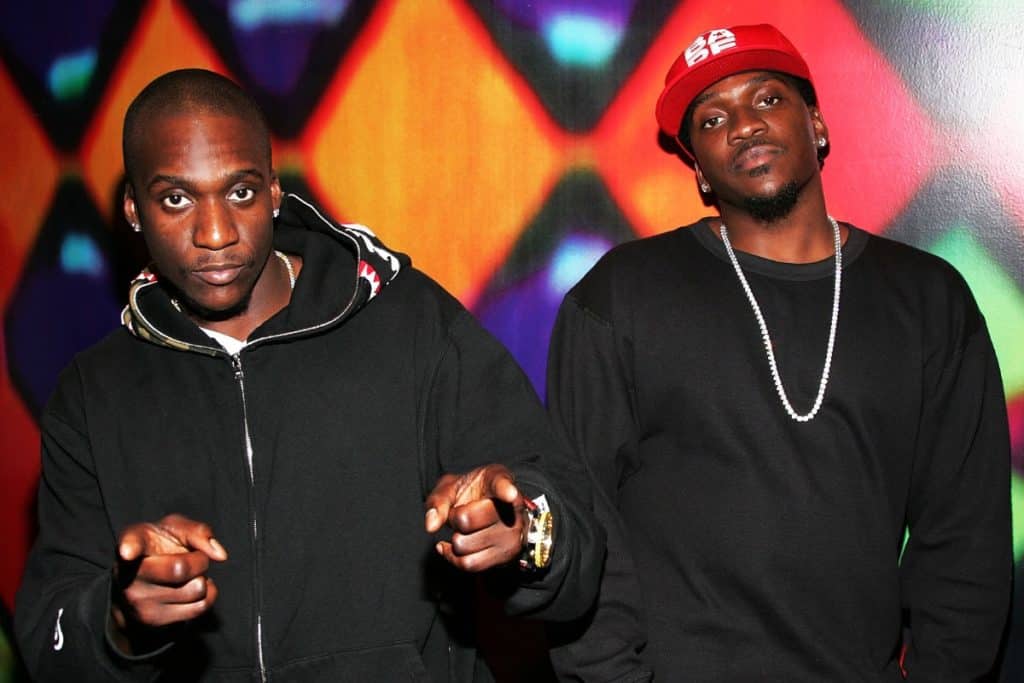
“Represent” gave us “Flow Joe,” a track that shot to number one on the Billboard Hot Rap Songs chart. But Fat Joe wasn’t a one-hit wonder. Albums like “Jealous One’s Envy” and “Don Cartagena” followed, each adding to his street cred. Then came 2001’s “Jealous Ones Still Envy (J.O.S.E.)”, a platinum-certified masterpiece featuring “What’s Luv?” with Ja Rule and Ashanti. This wasn’t just music; this was the soundtrack of the streets.
In 2004, “Lean Back” with Terror Squad hit number one on the chart, a track that had clubs bouncing from coast to coast. Fat Joe had the Midas touch, and he kept it going with hits like “Make It Rain” in 2006 and “All the Way Up” a decade later.
But Joe’s talents weren’t confined to the recording studio. He appeared in films like “Scary Movie 3” and “Happy Feet”, and even on Spike Lee’s Netflix series “She’s Gotta Have It”. And in 2018, he brought his street wisdom to the podcast world with “Coca Vision” on Tidal, talking music, friendships, and pop culture.
Now, let’s rewind to Fat Joe’s roots. Born in the Bronx, he grew up in Forest Houses, a tough neighborhood that taught him hard lessons. He started stealing to support his family and admits he was a bully. Hip hop wasn’t just music for Joe; it was a lifeline, thrown to him by his brother.
In the early years, Fat Joe, then known as Fat Joe da Gangsta, signed with Relativity Records. “Represent” dropped in 1993, with production from legends like The Beatnuts and Diamond D. “Flow Joe” was the breakout hit, but tracks like “Watch the Sound” and “This Shit Is Real” cemented his reputation as a rapper to watch.
“Jealous One’s Envy” in 1995 showcased Joe’s growth as an artist. The album featured KRS-One and production from Diamond D. The singles “Success” and “Envy” showed a rapper who was unafraid to talk about the real issues. His verse on the remix of LL Cool J’s “I Shot Ya” was a career highlight, sharing the mic with Foxy Brown, Keith Murray, and Prodigy of Mobb Deep.
But it wasn’t just about his own music. Fat Joe had a vision for Latino rappers. When he discovered Big Pun, he didn’t just see a talented artist; he saw a way to kick down doors for other Latinos in hip hop. This was about representation, about showing that Latinos could bring the heat in a genre dominated by others.
By 1997, Fat Joe was riding high. He signed with Mystic Entertainment Group and Warner Music Group’s Atlantic Records, launching Terror Squad Productions. “Don Cartagena” dropped in 1998, hitting number seven on the Billboard 200 and going gold. This was more than an album; it was a statement. The guest list read like a who’s who of hip hop: Nas, Puff Daddy, Raekwon, Jadakiss, and Bone Thugs-N-Harmony.
“Jealous Ones Still Envy (J.O.S.E.)” in 2001 was a commercial juggernaut, going Platinum. But the success wasn’t just about sales. The album’s lineup was star-studded, from Ashanti and Ja Rule to N.O.R.E., Busta Rhymes, and R. Kelly. The
hits “We Thuggin'” and “What’s Luv?” were more than songs; they were cultural moments.
Yet, Fat Joe’s career wasn’t without its controversies. His feud with 50 Cent was the stuff of hip hop legend, with dis tracks flying and tensions spilling over at events like the 2005 MTV Video Music Awards. This wasn’t just rap; this was real life, with real stakes.
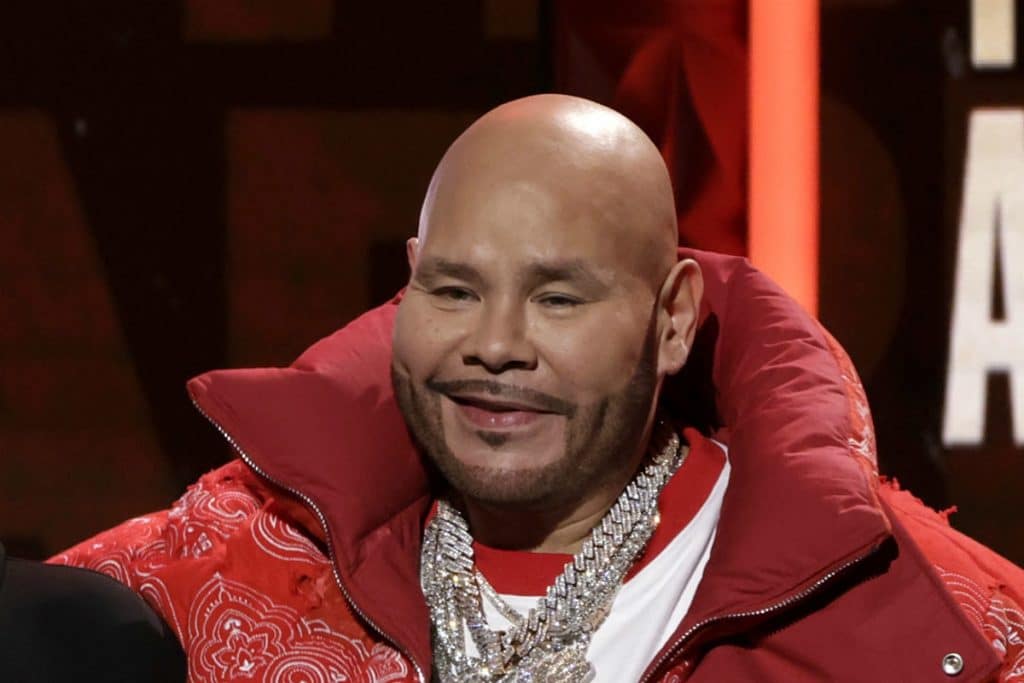
“Me, Myself & I” in 2006 showed a rapper still at the top of his game, with the hit “Make It Rain” featuring Lil Wayne. And when he signed with E1 Music in 2010, it was clear that Fat Joe was still a force to be reckoned with. “The Darkside Vol. 1” dropped that year, featuring heavy hitters like Busta Rhymes, Trey Songz, and Lil Wayne.
But Fat Joe wasn’t just about his own success. He was a mentor, a collaborator, and a visionary. His work with Remy Ma on “Plata O Plomo” and with Dre on “Family Ties” showed a rapper who understood the power of partnership.
And let’s not forget Fat Joe’s personal life. He’s a family man, married with three children, splitting his time between Miami and New Jersey. His community work speaks volumes about the man behind the music. From donating computers to his old school in the Bronx to supporting projects like the Hip Hop Soda Shop in Miami, Fat Joe understands the power of giving back.
His weight loss journey is inspirational. Once tipping the scales at 350 pounds, he dropped 88 pounds, not just for looks, but for health. Yet, he’s kept his stage name, Fat Joe, because it’s not just a name; it’s a brand, a legacy.
Legal issues have touched Joe’s life, from assault charges to tax evasion. But these moments don’t define him; they’re part of a larger story of a man who’s lived life in the spotlight, with all its ups and downs.
In the end, Fat Joe isn’t just a rapper; he’s a symbol of the enduring power of hip hop. From the streets of the Bronx to the top of the charts, he’s lived the highs and lows, and through it all, he’s stayed true to himself and his roots. Fat Joe’s story isn’t just about music; it’s about the journey of a man who became a legend.
Would you like to learn more? Dive deeper into the depths of Fat Joe in our featured articles below.
